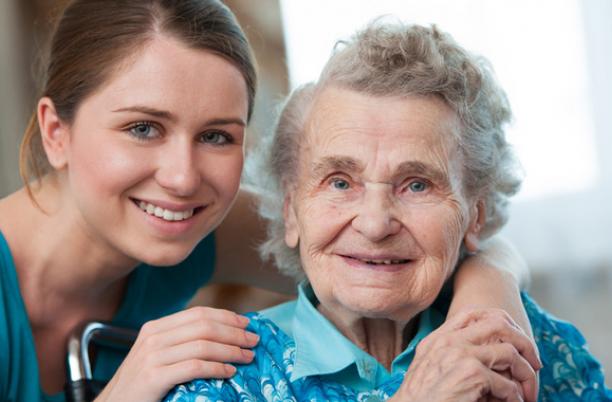
Companions Service

Companions Service is a Community Volunteering programme delivered by Dorothy House Hospice Care to assist patients to undertake community-based social activities.
How and why we began the community volunteering programme
We set up a pilot about six years ago to investigate whether there was a case to support patients thought to be in the last 12 months of life. The purpose was to assist the patients to undertake community-based social activities. The need for this had been identified by the clinical nurse specialist team.
The pilot ran for two years as a small project and then four years ago a part-time coordinator was employed to develop the service.
The challenges we faced and how we overcame these
Initially waiting times were very long but this improved as the volunteer team developed. It took about 18 months to achieve an established team. Initially, there was limited infrastructure (recording systems etc) in place to develop the service and time was needed to embed processes.
A need for respite for carers emerged, expanding the initial criteria from patients who were well enough to go out, to those who were often housebound or even bedbound. This meant becoming a service for both patients and their families. Sometimes patients are too unwell to be supported by a volunteer without carer skills, therefore ongoing education of referrers is necessary.
We have a large catchment area, needing diverse and flexible volunteers in all areas. Good publicity and recruitment processes are essential.
There was a limited capacity with only a part-time coordinator, so we developed a team of ‘lead companions’ with assessment skills, to meet and support the coordinator matching patients with volunteers. It has been a slow process developing the team, but worth it.
On occasions, a volunteer might be the only person involved in care, so we need to ensure they aren't expected to make clinical decisions. This has been resolved by developing a thorough reporting system and the coordinator having full access to clinical support/referral to specialist teams if a review is thought to be needed.
Gaining quantitative evidence of the effectiveness of the service has been difficult, as patients are frequently too unwell to review it formally. It took 2 years to gather enough evidence to review, due to the low numbers of those able to participate. Qualitative evidence was much easier to collect.
The benefits we have seen
Improved social opportunities for patients who feel less isolated and develop new friendships.
Respite opportunities for carers
'I can say nothing but good about this service ... from the moment I met (volunteer) we gelled... I have a friend for life, we have the same sense of humour... I couldn't have been matched with anyone better.' (patient feedback)
'The fact that she's there while I'm out giving me some peace of mind...... it's a great service .. absolutely marvellous.' (carer feedback)
It’s a light touch way of keeping in contact with the hospice for patients who don't necessarily need specialist support at that time. It's a better use of resources as otherwise, a clinical member of staff might have needed to remain involved.
The volunteer relationship is special, it adds value to the overall hospice experience that would be difficult to achieve with only paid staff.
Volunteers gain valuable experience for their CV, it helps some back into paid work. They also gain a huge sense of worth from the work they are doing.
Our advice to others
- Don’t expect to establish a fully functioning team quickly, it needs time to grow and evolve. The first 18 months are needed to establish the foundation, the second 18 months to embed and develop and to respond to the needs of the organisation/patients.
- Be prepared to be needs-led, don’t try to make the patients fit the service. Make sure the service is a response to local needs and doesn't fund.
- Look at various models both in the hospice sector and in the wider community sector. Work out what your local need is before you start out. It may already exist and others might be able to provide a more suitable service. Be prepared to work with others.
- Be realistic about how you can collect quantitative evidence for evaluation. It will take longer to evaluate than a traditional befriending project.
- Value the volunteer team and don't underestimate the need to look after the volunteers. Support, supervision and training are essential and an ongoing need.
